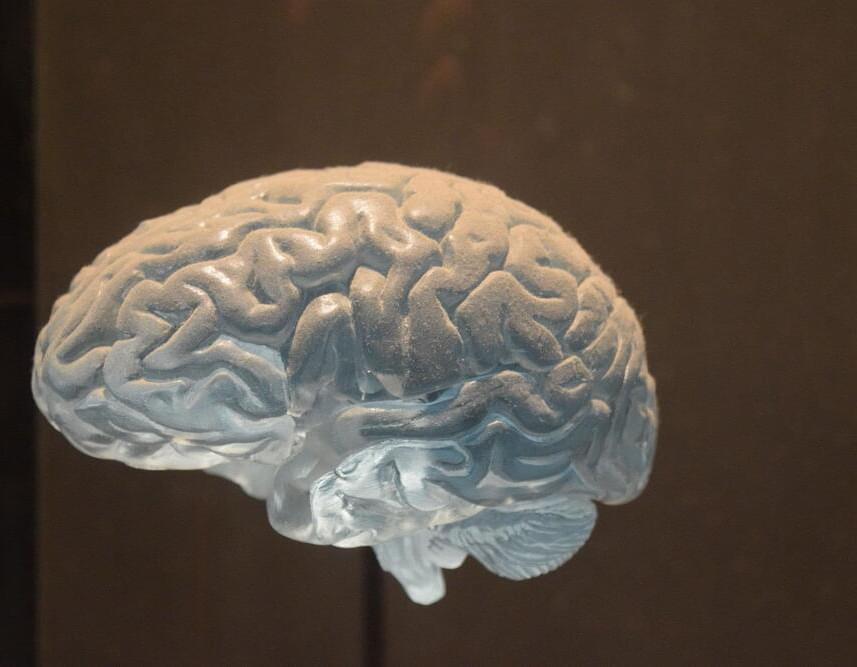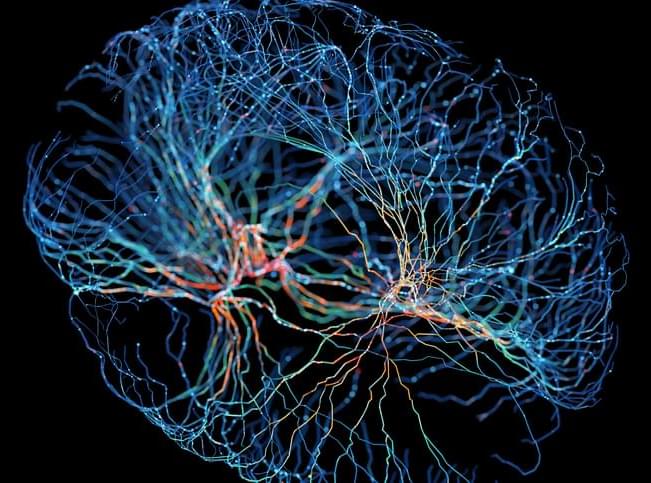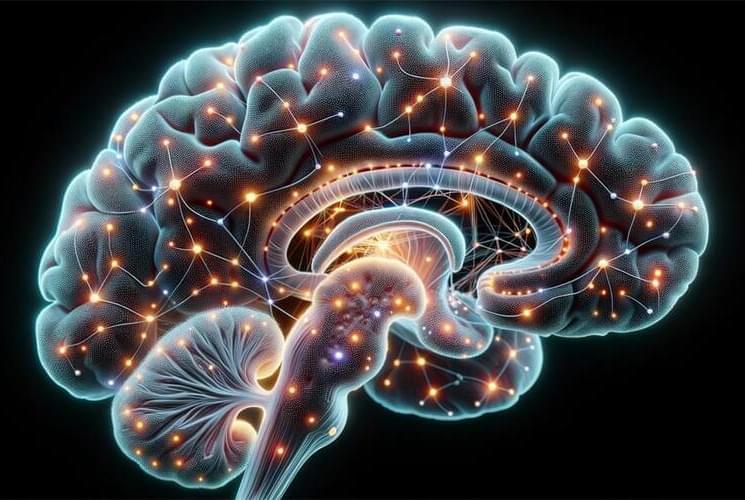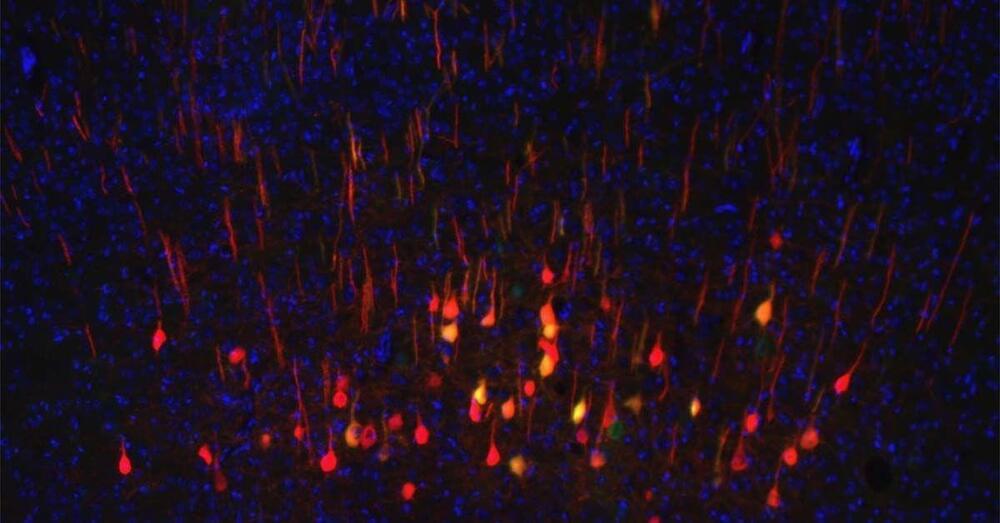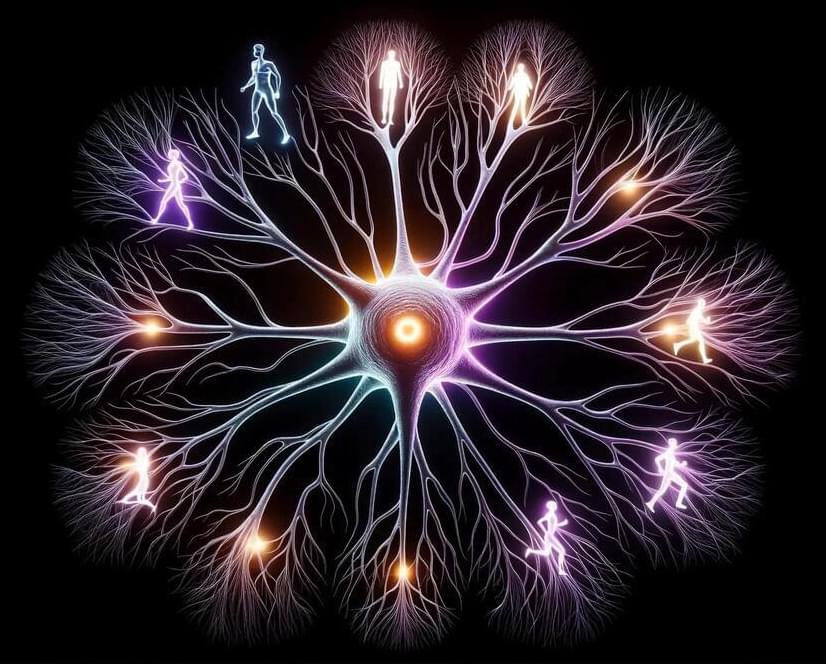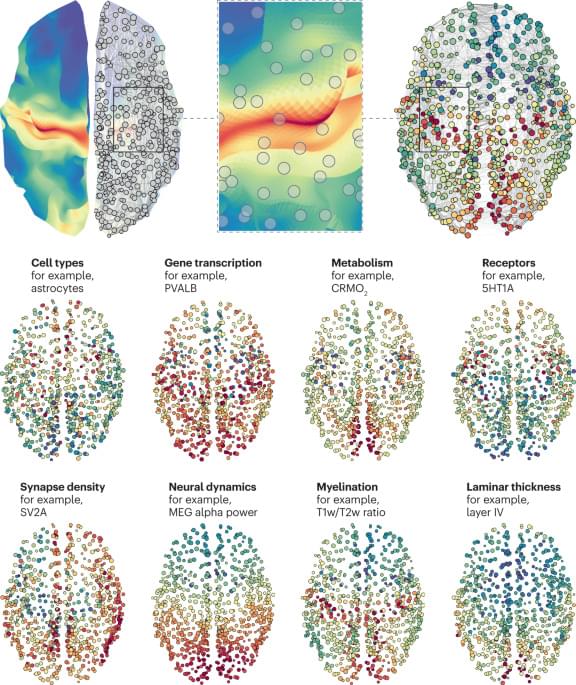Oct 21, 2023
Scientists record powerful signal in the brain’s white matter
Posted by Saúl Morales Rodriguéz in categories: biotech/medical, neuroscience
The human brain is made up of two kinds of matter: the nerve cell bodies (gray matter), which process sensation, control voluntary movement, and enable speech, learning and cognition, and the axons (white matter), which connect cells to each other and project to the rest of the body.
Historically, scientists have concentrated on the gray matter of the cortex, figuring that’s where the action is, while ignoring white matter, even though it makes up half the brain. Researchers at Vanderbilt University are out to change that.
For several years, John Gore, Ph.D., director of the Vanderbilt University Institute of Imaging Science, and his colleagues have used functional magnetic resonance imaging (fMRI) to detect blood oxygenation-level dependent (BOLD) signals, a key marker of brain activity, in white matter.
